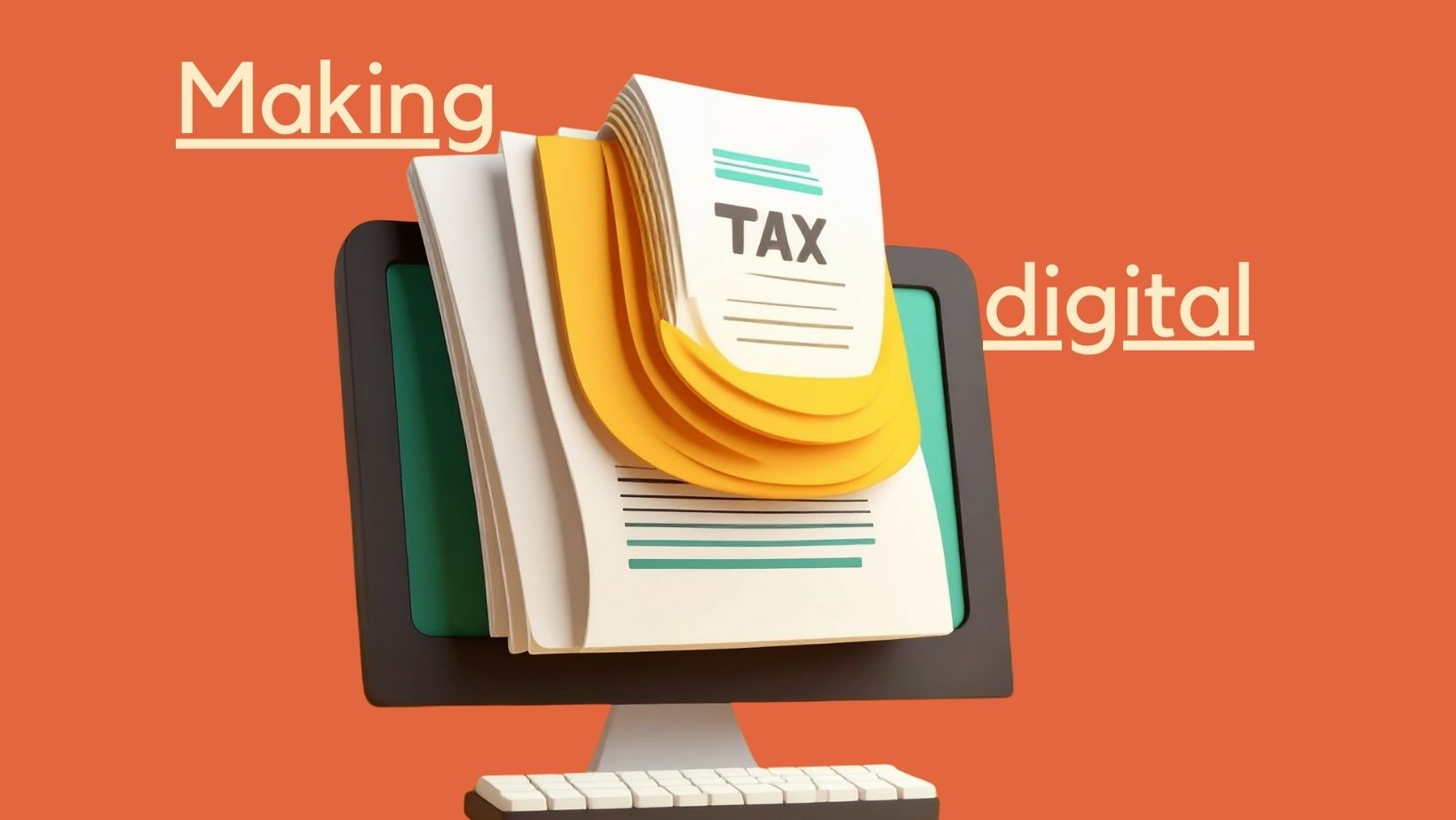Individuals with non-traditional job statuses often encounter unequal treatment from lenders because of their unconventional income sources, and it’s unfair.
For freelancers, independent contractors, and the self-employed, gaining a mortgage and remortgaging might seem more complex due to the lack of a typical income stream.
Nonetheless, there are mortgage options that can be customised to your specific financial circumstances. Additionally, there are experts available who specialise in assisting freelancers, contractors, and self-employed individuals in finding the right mortgage and navigating the application process.
If you’ve not yet reached the stage of employing the help of one of those professionals, here’s our guide on how to begin the process yourself.
Information you’ll need to provide
Before you begin the mortgage or remortgage process, you must have all necessary documents ready. This organisation will simplify the application process and enhance your chances of securing terms that suit you.
Here are the documents you’ll need:
- SA302 tax calculations and tax year overviews: Evidence of earnings from HMRC.
- Bank statements: The most recent three to six months.
- Current and past contracts: Records of your employment history.
- Proof of identification and address: Passport/driving license and utility bills.
Having these documents at your disposal can significantly accelerate the mortgage application process.

How your borrowing potential calculated
Understanding how much you can borrow is a key step in securing a mortgage or remortgaging. This involves several factors:
- Annual contract rate: Estimate your annual income based on your current contracts.
- Income multipliers: Typically, lenders use 4-5 times your annual income to calculate your borrowing potential.
- Credit history: A good credit score is crucial. Ensure your credit report is accurate and up-to-date.
- Deposit size: A larger deposit can positively influence your borrowing potential, giving you more leverage in negotiations.
By understanding these elements, you can better prepare and position yourself for a successful mortgage application.
Prepare for costs
Beware of the potential costs involved in the mortgage process. These can include:
- Arrangement fee: £0 to £2,000.
- Valuation fee: £150 to £1,500.
- Legal fees: £500 to £1,500.
- Broker fee: Fixed fee or a percentage of the mortgage amount.
Understanding these costs upfront helps in budgeting and avoiding any surprises during the application process. Note that fees may vary and some may or may not apply to your particular transaction.
Who can help?
Companies that provide mortgage advice tailored for freelancers, contractors and self-employed professionals are available to help you find a mortgage or remortgage. If you feel overwhelmed by the process, you might feel that finding someone fighting your corner to find you the best possible mortgage deal is for you.
Here’s how they could help:
- Expert advice: Tailored specifically for contractor finances.
- Lender networks: Access to flexible lenders who understand non-traditional income streams.
- Streamlined process: Assistance with documentation and the application process.
- Negotiation: Securing favourable rates and terms on your behalf.
By leveraging expertise, you can navigate the complexities of mortgages more effectively and secure the best possible rates and terms.
In conclusion
Securing a mortgage as a self-employed professional may require thorough preparation, but it is far from impossible. If you’re able to provide comprehensive proof of income and have maintained a good credit history, you can significantly improve your chances of securing a mortgage that works for your lifestyle as a freelancer, contractor or self-employed professional.





